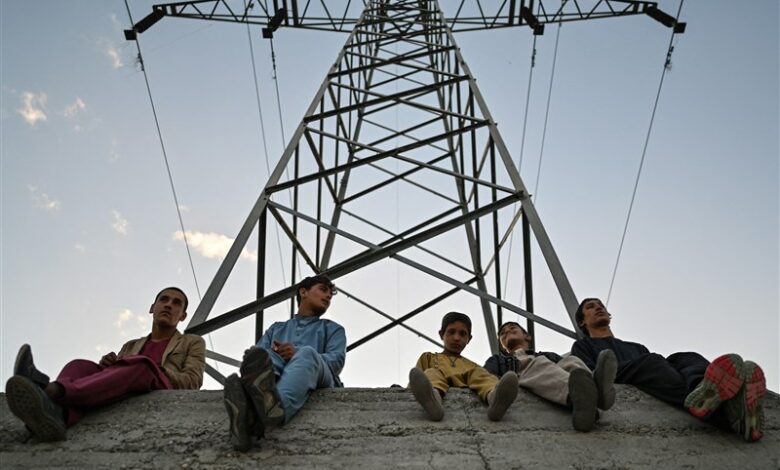United Nations: 40% of families in Afghanistan do not have access to electricity

| The United Nations Development Program announced that Afghanistan is facing a major electricity crisis, adding that only 40% of the country's population has access to electricity. |
According to the regional office report of Tasnim News Agency
, the United Nations Development Program in a report stating that only 40% of the population of Afghanistan has access to electricity, emphasized that the lack of electricity has negative effects on the provision of essential services such as health services, education, humanitarian aid, development and economic improvement. /p>
This report states that Afghanistan is heavily dependent on imported electricity from neighboring countries such as Central Asia and Iran, which provide more than 75% of its electricity. .
The UN report adds that imported electricity covers only 40% of the consumption demand in Afghanistan; On the other hand, electricity supply decreases during times of increased demand, including winter.
According to this report, despite continuous efforts, this situation remains unresolved. and patients and students have limited access to energy.
The report of the United Nations Development Program states that provincial hospitals connected to the electricity grid have five to six daily hours and even some days do not have electricity for 12 hours.
The report adds that to deal with the energy challenge in Afghanistan, the implementation of the solar power generation project has started and The production of solar electricity in health and educational facilities is part of this project.
The United Nations Development Program has indicated that it has installed solar power systems in 30 health centers and 15 schools in Kabul and Kapisa provinces in 2023.
end of message/.
| Publisher | Tasnim News |


